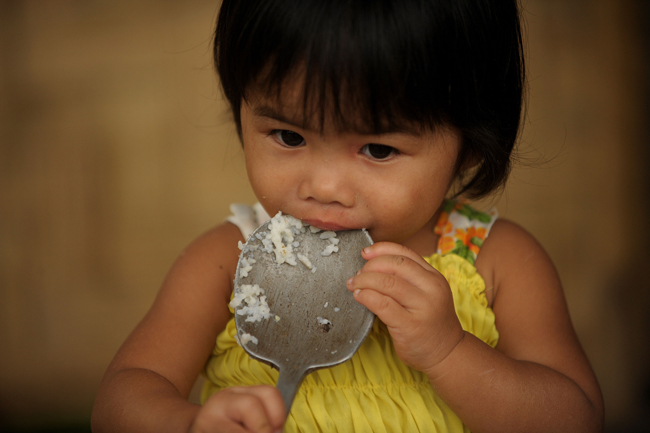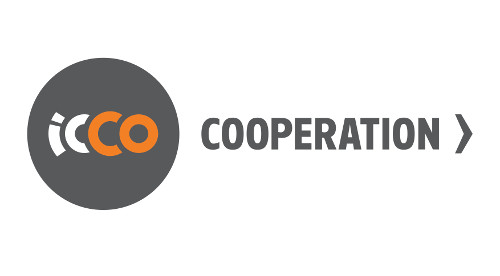Right to Adequate Food (RtAF)
Worldwide still about 805 million people suffer from hunger1 and over 30% of the developing world’s population suffers from micronutrient deficiencies leading to problems such as blindness, mental retardation and early death. However there is enough food to feed every human being. About 500 million adults are obese and 5% of global deaths can be attributed to overweight or obesity2. In most cases hunger is a problem of access to available resources and is linked to marginalization, discrimination, or extreme poverty.
Malnutrition, which includes hunger, micronutrient deficiencies as well as overweight and obesity, causes immeasurable suffering to millions of families and result in: poor health lost learning potential, lost productivity and income, and high medical and household expenses. The entry point of any policy engagement and action program to address these problems should be the unambiguous understanding of the right to adequate food as a fundamental human right. This implies that people are identified as rights-holders and states as duty-bearers with an obligation to respect, protect and fulfill this right. National and global political decisions that fail to take the human rights obligations of states and intergovernmental organizations into account are among the main reasons why hunger in the world persists.
The Right to Food was first described in 1948 in the Universal declaration of Human Rights; in 1966 this was refined in the International Covenant on Economic, Social and Cultural Rights (ICESCR), article 11. In this text the role of state parties (national governments) was articulated. In 1999 the Committee on Economic and Social and Cultural Rights (ESCR) defined the Right to Food as follows:
| The Right to Food is realized when every man, woman and child, alone or in community with others, has physical and economic access at all times to adequate food or means for its procurement. |
Over time the concept was further elaborated and defined :
| The Right to Adequate Food is the right to have regular, permanent and unrestricted access, either directly or by means of financial purchases, to quantitatively and qualitatively adequate and sufficient food corresponding to the cultural traditions of the people to which the consumer belongs, and which ensures a physical and mental, individual and collective, fulfilling and dignified life free of fear (Jean Ziegler, UN Special Rapporteur on the Right to Food (2000-2008)). |
| Key elements of the Right to Food 3
National governments have obligations to respect, protect and fulfill the right to food
All members of society have responsibilities in securing everyone’s right to adequate food
Indivisibility of Rights
|
- The obligation to respect existing access to adequate food requires States parties not to take any measures that result in preventing such access. States should refrain from any actions that interfere with existing access to food. Examples are: eviction of farmers from their land; destruction of crops; or the interruption of food aid.
- The obligation to protect requires measures by the State to ensure that enterprises or individuals do not deprive individuals of their access to adequate food. This entails that the State should regulate the food system in such a way that (private) actors do not abuse other actors in the food system. States should not remain passive. Example: establish decent minimum wages for (agricultural ) workers
- The obligation to fulfill (facilitate) means the State must pro-actively engage in activities intended to strengthen people's access to and utilization of resources and means to ensure their livelihood, including food security. For example States should provide for the background conditions such as facilitate the production of food (access to resources and distribution of food (properly functioning markets), ensure an enabling environment for employment opportunities, to ensure purchasing power. Finally, whenever an individual or group is unable, for reasons beyond their control, to enjoy the right to adequate food by the means at their disposal, States have the obligation to fulfill (provide) that right directly, through food assistance. This obligation also applies for persons who are victims of natural or other disasters.
References
- ↑ FAO, IFAD and WFP. The state of Food Insecurity in the World 2014. Rome: Food and Agriculture Organization of the United Nations; 2014
- ↑ FAO. Sustainable nutrition security: Restoring the bridge between agriculture and health. Rome: FAO; 2012.
- ↑ FAO. The Right to Food a window on the World, Resource and Activity Guide; FAO; 2006


